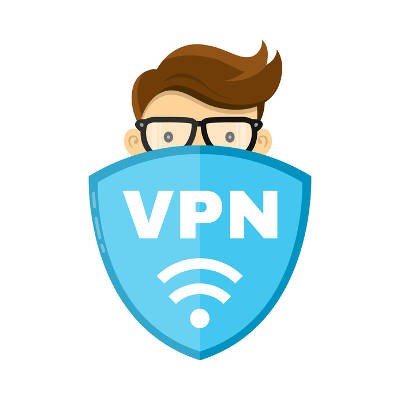Encryption is a powerful weapon against hackers that can prevent them from stealing your data and leveraging it against you. Encryption, in its most basic textbook definition, converts your readable data into an indecipherable jumble that can only be reassembled through the use of an encryption key. Small businesses absolutely must utilize encryption to protect customer information, financial records, and other important or sensitive business data. This ensures that it is as protected as possible against those that might do you harm.
415 IT Blog
Most organizations are trying to figure out how to secure their IT against the constant flood of threats out there. Unfortunately, the biggest threat out there isn’t something that you can actively protect against. Can you guess what it is?
Unfortunately, it’s your employees, and their potentially lax password practices—and while you can’t really protect yourself against insecure passwords, you can minimize the likelihood that they’ll be used.
The term “encryption” has found its way into the mainstream, appearing just about anywhere information security is brought up. Whether it is ransomware encrypting data or the encryption protecting your password security, it is a powerful tool that can be used for both good and evil. Let’s discuss the former and how you might use encryption in the workplace.
Data security always needs to be considered as one of your most important business priorities. After all, the ramifications of data loss are wide-reaching and severe. To help you ensure that your data security is at the level it needs to be, we’ve put together five questions you need to answer regarding your business’ security preparedness.
A virtual private network (also known as a VPN) is something that more and more businesses are using, especially now while most of the workforce is now working from home. As a means of encrypting data while it is in transit, the use of a VPN enables you to transmit assorted types of data more safely. Of course, not all VPNs are the same, and so you need to be careful to select the right solution for your needs.
When encryption is discussed, one of its high points that business professionals try to hammer home is that it’s more secure. But what does encryption really mean for businesses? Does it adequately protect data and devices? We’ll walk you through a brief rundown of how encryption works and the role it plays in keeping your business secure.
The cloud is such an important part of today’s business environment that most organizations use it to some extent, even if it’s just for basic storage needs. However, the cloud needs to be properly maintained, starting with the way you secure your cloud services. Take a moment to ask yourself if your cloud--whether it’s hosted on-site or by a provider--is safe and secure.
If your work requires you to store medical data, you should be aware of how important your data security is, as a problem could potentially put your business at risk of closing up shop permanently. Security has to be a priority with so many regulations setting compliance standards that must be followed. How can you balance the effectiveness of your business without undermining its security?
Does your business focus enough on security? One of the best solutions that you can consider is a virtual private network, or VPN. By implementing a VPN solution, you can improve the security and privacy on your devices even while out of the office on important business trips or at conferences. What can a VPN do for your business?
As we discuss business technology, we occasionally broach topics that not everyone may be familiar with. Despite the recent media coverage that has been afforded to it, Bitcoin and blockchain technology may be a good example of one such topic. To resolve this, we’ve put together the following primer on this technology and how it will impact data security in the future.
The Internet is rife with potential threats. Some are situational, but most are deliberate actions made by malicious entities who are trying to obtain any semblance of value from you or your company. Some of these exploits have been around longer than you’d imagine possible. This has been made evident by huge Internet-based companies such as PayPal and Facebook testing positive for a 19-year-old vulnerability that once allowed hackers to decrypt encrypted data.












